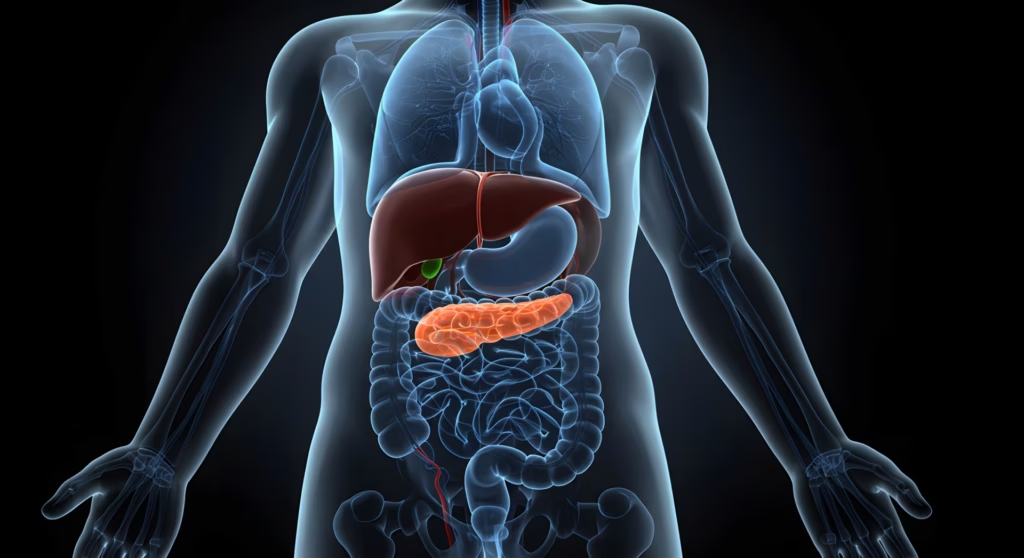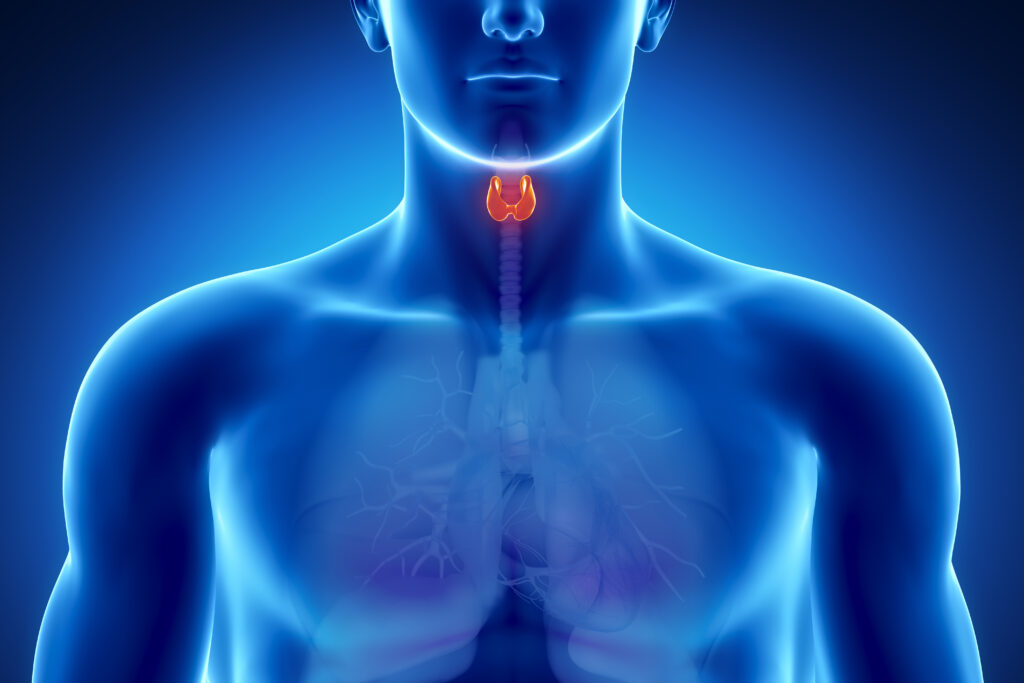Search Results
Showing Results for COVID-19

Physician burnout is at a critical point. In this episode, Nicky speaks with Dr Alfred Atanda about why so many physicians are burning out and what can be done to change the trend. From personal experience to system-wide solutions, Dr Atanda shares valuable insights on improving physician well-being and building a more effective healthcare culture.

We are pleased to present the latest issue of touchREVIEWS in Endocrinology, which offers a timely and thoughtprovoking collection of articles that reflect both the continuity and evolution of diabetes and metabolic disease research. In an era where technology, public ...

Coronavirus disease 2019 (COVID-19) is a life-threatening infection caused by severe acute respiratory syndrome coronavirus 2 (SARS-CoV-2).1 Diabetes mellitus is one of the most frequent comorbidities, related to hospitalization due to SARS-CoV-2 infection, as well as a risk factor for disease severity, ...

Women & Diabetes takes centre stage in this interview with Zeina Abou Rizk, Founder of DiaLeb. Zeina explores the unique challenges women face in diabetes care, the power of community and advocacy, and how DiaLeb’s annual panel fosters global awareness, education, and meaningful change through lived experiences and expert insights.

The 3-year results from the SURMOUNT-1 trial, published in the New England Journal of Medicine, have revealed that tirzepatide significantly reduced the risk of progression to type 2 diabetes (T2D) in individuals with obesity and prediabetes. T2D onset was ...

Dipeptidyl peptidase-4 (DPP-4) is a ubiquitous, multifunctional, 766-amino acid, type 2 transmembrane glycoprotein, which participates in the regulation of metabolic functions, immune and inflammatory responses, cancer growth and cell adhesion.1 It has two forms: the first is a membrane-bound form, which ...

The European Association for the Study of Diabetes (EASD) is set to host its 60th Annual Meeting from 9 to 13 September 2024, in Madrid, Spain. This milestone marks a significant moment in the history of diabetes research and care, showcasing the growth and achievements of the EASD Annual Meeting, now the largest diabetes conference in the world.

‘Closed-loop’ systems mark a significant advancement in managing type 1 diabetes. These systems which continuously monitor glucose levels and automatically deliver insulin through a pump, help many individuals with type 1 diabetes maintain optimal glucose levels with greater ease. In this episode, we explore the progress, challenges and impact of these innovative technologies with Endocrinology Clinical Pharmacy Specialist, Dr Diana Isaacs, and highlight their future potential.

Thyroid nodules are common worldwide, and their prevalence is increasing. Most nodules are asymptomatic and detected incidentally on cross-sectional imaging or physical examination. In rare cases (10–15%), nodules are malignant and require diagnostic evaluation. Even malignant nodules frequently show non-aggressive behaviour.1 ...

Despite the increasing body of knowledge of treatment strategies for diabetes, many patients with type 2 diabetes mellitus (T2DM) are still in a persistent state of poor glycaemia.1,2 In clinical practice, achieving optimal glycaemic targets is challenging; the reasons are ...

Plan language summary Background The global COVID-19 pandemic resulted in an increased incidence of infection with Black fungus (Mucormycosis). However, the disease characteristics, chances of spread of infection and complications are not well known. Aim of the study We tried ...

The American Association of Clinical Endocrinology (AACE) recently released a comprehensive and updated guideline on the prevention and management of diabetes.1 The guideline is aimed at assisting healthcare professionals in delivering person-centred optimal care at different phases of diabetes. The ...

Recent advances in technology have changed the landscape for managing diabetes treatment. Thanks to innovations such as connected insulin pens, sensor-augmented pump systems, automated insulin delivery, integrated mobile applications and continuous glucose monitoring (CGM) systems, people with diabetes now have ...

Welcome to the latest edition of touchREVIEWS in Endocrinology. The articles in this issue present authoritative, up-to-date information on a wide range of topics, reflecting the scope of the broadening discipline of endocrinology. We begin with four articles on the ...

Obesity – a chronic, relapsing, progressive disease that is defined by a body mass index (BMI) of ≥27.5 kg/m2 in Asian populations and ≥30.0 kg/m2 in all other populations – is an epidemic that has spread across the world.1 Recent data from ...

For people with type 1 diabetes mellitus (T1DM) or type 2 diabetes mellitus (T2DM), glycaemic control has been monitored by two key measurements: laboratory-tested glycated haemoglobin (HbA1c) level and the individuals’ self-monitored blood glucose (SMBG) fingerprick testing.1,2 Both of ...

On 31 December 2019, the World Health Organization (WHO) was notified of several cases of pneumonia of unknown aetiology in Wuhan, China. After a relatively short period, officials confirmed the first case of coronavirus disease 2019 (COVID-19) reported outside of China, in Thailand, ...
Latest articles videos and clinical updates - straight to your inbox
Log into your Touch Account
Earn and track your CME credits on the go, save articles for later, and follow the latest congress coverage.
Register now for FREE Access
Register for free to hear about the latest expert-led education, peer-reviewed articles, conference highlights, and innovative CME activities.
Sign up with an Email
Or use a Social Account.
This Functionality is for
Members Only
Explore the latest in medical education and stay current in your field. Create a free account to track your learning.


